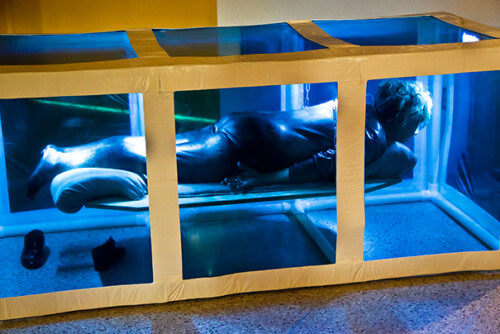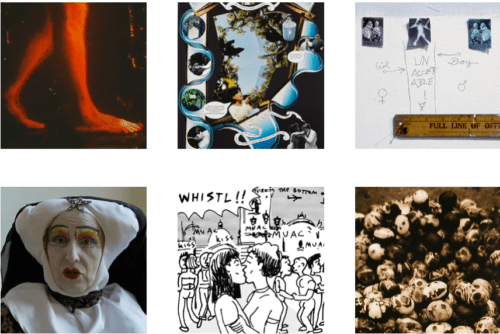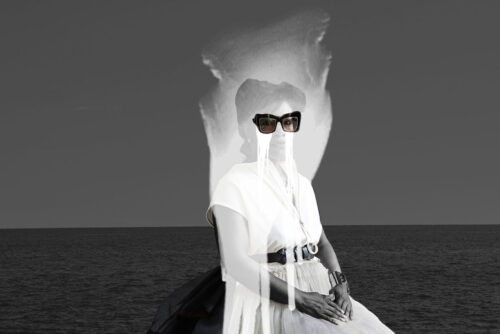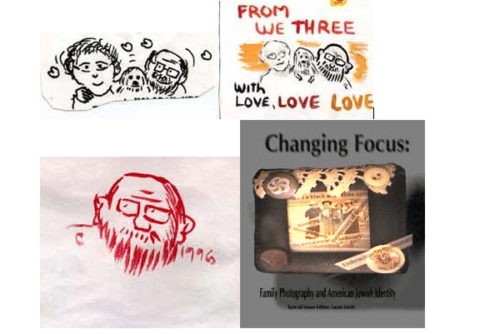A Gram of Blood, A Thousand Kilos of Gold, Half a Million Say No
Through a democratic consultation more than half a million people have energetically rejected the presence of Goldcorp and defended their territory of origin.
—Arturo Mendez (NISGUA)
Then he began to tell the story of the mine: how in 1996, the company arrived, “offering development to the mayor, saying they would support infrastructure, production, women, youth, the environment. Our authorities were manipulated, they signed an acta, backing the company. They were used. They duped us (nos engañaron). The company said that San Miguel wants us and began to install themselves. They went to the communities saying they were a development project. They were going to grow orchids and bring prosperity to the region. They began to buy land, plots that were worth Q1500 a cuerda they would pay 3 or 4000 quetzales [about $500] and people’s hands got hot, they began to sell. We didn’t see that this might bring problems. In 2002, the problems began. They began to desnudar la montaña, to strip, deforest, remove the land. People realized they couldn’t find firewood anymore. They said they had found minerals and then the beautiful mountain wasn’t a mountain anymore. It was a hole. And what’s under the mountain?” he asked. The people replied, “Water!”
Aniseto continued, “They stripped the mountain, penetrated it, going into the aquifers and springs. They installed pumps in their territory, they take out the water. They can use up to 250,000 liters an hour. That’s how much a family would use in 22 years! Our water is drying up. Even if we go down on our knees and do our ceremonies, 14 this water will never return. Without water, what will we do? How will our animals survive? Even though our umbilical cords are buried here, where will we go when there is no water? […] We may see people driving in their new Hilux [a luxury pick-up truck] because they work at the mine. They may go around with two or three women. They are doing OK. They have money. But our health is in danger. The tailings lagoon, it is open to the sun […] We breathe this air and it is changing our bodies. They say there is no pollution, but then they say don’t touch the water, it has chemicals. The soil is a filter, the chemicals go into the ground and into our water. It is a problem for all of us. But the company insists it is helping us develop. I went to their international meeting in Vancouver and they showed videos of children receiving food, in beautiful new schoolrooms.” People in the crowd shouted out, “Those are lies!” Aniseto went on, “They show kids who are fat, with their cups in their hand getting food. They said we no longer have to go to the coast to pick coffee. Is that true?” “MENTIRA! Lies!” shouted the people.
He concluded by saying: “What is development if our lives are ruined? If we are divided? People need to develop but if we are sick and dying what is development? […] Now is the time to say, Sir, do not play with my dignity. Do not use my poverty to justify what you are doing. Today they are saying that the mine has bought me, that I am getting thousands from the mine, and that I’m going to work for them. But I say to you today, my life is not worth a million quetzals if I and my people are sick. I can barely buy socks. I can barely buy food. And they say I have a million quetzals. It’s ridiculous! They are using every trick they can to try to divide us, to try to destroy us […] We deserve a good life. We do have needs. But we can’t progress on the suffering of our neighbors. I congratulate all of those who have already done your consultas, your referenda. It’s time to decide, it’s now or never. They will kill us with the other eight mining licenses they have in our municipality. We are not going to defend ourselves with pistols or machetes. The violent times are over. We need to protect ourselves with ideas, not armies, with dialogue and consultas. We want to be free of the Montana Company.”
It was the consulta—a consultation or referendum—that had brought me to San Miguel Ixtahuacán. In the context of “post-conflict” audit cultures 15 and the evolving forms of the “financialization of daily life,” 16 I had become interested in the work that numbers do. Beginning in June 2005, the province of San Marcos became the epicenter of what is now a national movement to make (mainly) indigenous people “count” (as in matter) through the technique of counting (adding them up). The numbers that Vinicio deployed at the beginning of his talk were the result of similar quantitative labors undertaken by the United Nations Commission of Historical Clarification, or truth commission. In their final report, Memory of Silence, 17 the Commission added up as many dead and disappeared as they could count (plus some statistical projections to account for the disappeared), yet, even so, that number continues to grow. 18 They also, vitally, transformed those quantities into a quality—genocide, the intent to destroy in whole or in part the Mayan people.
Those of us more qualitatively inclined tend to see numbers as dehumanizing, as leaching life away by reducing it to cold, hard facts, the handmaid of the dismal sciences. But I have had to interrupt such tendencies in myself, as I have come to see numbers and counting as more complex, as themselves a life technology. Of course that old science and technology theorist Karl Marx long ago urged us to view technologies less as “good” or “bad,” than recombinantly produced as liberatory or pernicious via the relations of production and consumption in which they are enmeshed, produced, and producing. The consultas are just such an enmeshing. The genocidal extremes of the Guatemalan civil war correspond to what Naomi Klein calls “shock:” the softening-up necessary to implement the neoliberal doctrines that Vinicio identified as the “new exploitation, of what they call recursos naturales.” 19 Perhaps, then, the consultas are signs of recovery, that people are getting their wits back about them, no longer so traumatized that they passively endure the ravaging of their land and pollution in their water and air. If one aftermath of genocide was to convince people that resistance was futile, that there is no alternative to elite exploitation of land and labor in its emerging neoliberal forms, then the consultas—beginning in June 2005, in San Miguel’s neighbors Comitancillo and Sipakapa—suggest that the survivors of genocide are inputting different numbers to the calculations, working to produce a different after-math. Here I want to talk about the consultas themselves in terms of who counts and how, and then address other struggles over counting and measuring mine-produced toxins and costs and benefits. What counts, how, and for whom? There are multiple biopossibilities embedded in these competing regimes of sense making—with so much hanging in the balance.
- He is referring to Mayan rituals.[↑]
- Marilyn Strathern, ed., Audit Cultures: Anthropological Studies in Accountability, Ethics, and the Academy, (London: Routledge, 2000).[↑]
- Randy Martin, Financialization of Daily Life, (Philadelphia: Temple UP, 2002).[↑]
- CEH (United Nations Commission for Historical Clarification) 1999.[↑]
- Diane Nelson, “Reckoning the Aftermath of War in Guatemala,” Anthropological Theory, 10 (2010): 87-95.[↑]
- Naomi Klein, The Shock Doctrine: The Rise of Disaster Capitalism, (New York: Picador, 2008). As Carolyn Merchant, in Radical Ecology: The Search for a Livable World, (New York: Routledge, 1992), among many others, has pointed out, this neologism is important, helping reduce “nature” in all its complexity to an exploitable resource, “naturalizing” its mechanistic treatment.[↑]



